Ever wonder about the “superbugs”, the antibiotic resistant bacteria that are becoming so prevalent?
Nearly 80 percent of the American antibiotics market goes for use in livestock, often for healthy animals. Federal scientists published a report in February, 2013, that documents the results of this practice: let’s look at how many meat products have antibiotic resistant bacteria in them: 81% of ground turkey, 69% of pork chops, 55% of ground beef and 39% of chicken. What? Eating these bacteria can make infections much harder to treat because they are resistant to many antibiotics. Can...
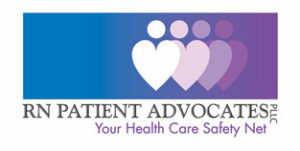
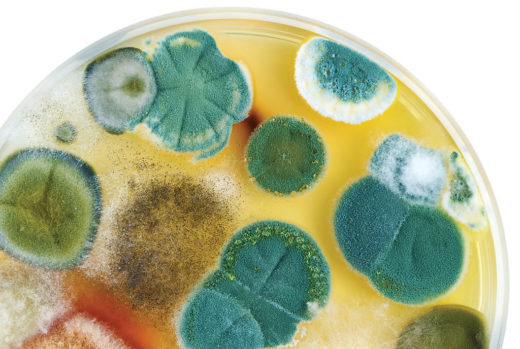
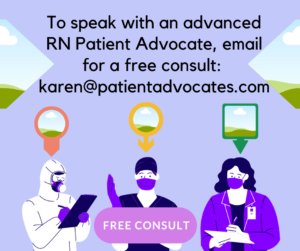
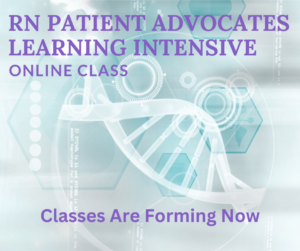

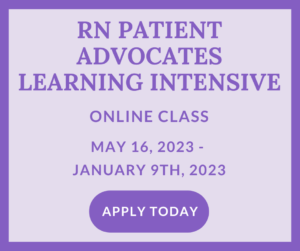
Recent Comments